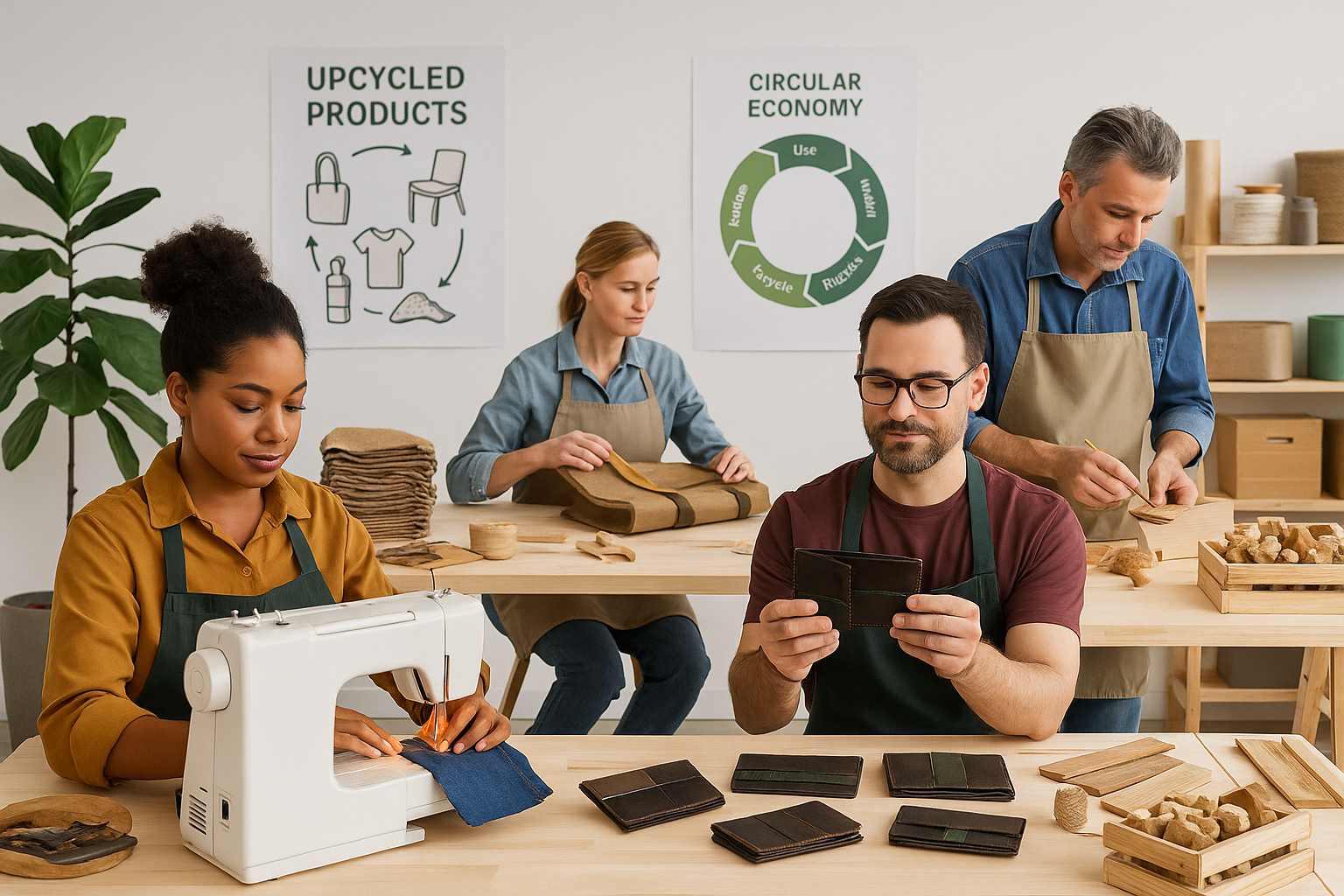Small Businesses Thriving Amid Circular Economy Opportunities
In today's rapidly evolving economic landscape, you have the unique opportunity to explore how small businesses are thriving by embracing circular economy principles, and by browsing options and visiting websites, you can discover innovative strategies to transform your business model and boost sustainability.

Understanding the Circular Economy
The circular economy represents a transformative approach to economic development, aiming to decouple growth from finite resource consumption. Unlike the traditional linear model of "take, make, dispose," the circular economy emphasizes reusing, repairing, refurbishing, and recycling existing materials and products. This shift not only reduces waste but also creates new business opportunities and revenue streams for small businesses. By adopting circular economy practices, small businesses can enhance their competitiveness, reduce costs, and meet the growing consumer demand for sustainable products.
Opportunities for Small Businesses
Small businesses are uniquely positioned to benefit from the circular economy due to their agility and ability to innovate rapidly. By incorporating circular principles, these businesses can differentiate themselves in the marketplace. For instance, many small companies are now offering product-as-a-service models, where customers rent or lease products instead of purchasing them outright. This approach not only extends the product lifecycle but also fosters customer loyalty and recurring revenue streams.
Additionally, small businesses can capitalize on the growing market for refurbished and remanufactured goods. According to a report by the Ellen MacArthur Foundation, the circular economy could generate $4.5 trillion in economic benefits by 20301. By entering this market, small businesses can tap into a lucrative segment that is expected to grow significantly in the coming years.
Real-World Examples
Several small businesses have already successfully integrated circular economy practices into their operations. For example, Loop, a company focused on reusable packaging, partners with brands to offer products in durable containers that customers return after use. This model not only reduces packaging waste but also enhances brand loyalty2.
Another inspiring example is the clothing brand Patagonia, which has implemented a "Worn Wear" program. This initiative encourages customers to trade in their used Patagonia gear for store credit, which the company then refurbishes and resells. This program not only reduces waste but also attracts environmentally conscious consumers3.
Financial and Environmental Benefits
Embracing the circular economy presents numerous financial and environmental benefits for small businesses. By reducing material costs through recycling and reusing resources, businesses can significantly lower their operational expenses. Moreover, companies that adopt sustainable practices often see an increase in brand value and customer loyalty, leading to higher profit margins.
From an environmental perspective, the circular economy helps reduce carbon emissions and environmental degradation. According to the European Commission, implementing circular economy strategies could reduce global carbon dioxide emissions by 48% by 20304. This reduction not only benefits the planet but also aligns with the growing regulatory and consumer pressure for sustainable business practices.
Exploring Further Opportunities
As you delve deeper into the possibilities of the circular economy, consider exploring specialized services and resources that can help you transition your business model. Many organizations offer consultancy services to guide small businesses in implementing circular practices effectively. By visiting websites and browsing options, you can find tailored solutions that align with your business goals and sustainability objectives.
The circular economy offers a wealth of opportunities for small businesses to innovate, reduce costs, and meet the increasing demand for sustainable products. By embracing these principles, you can position your business for long-term success while contributing to a more sustainable future. Explore the options available to you today and take the first step towards transforming your business model.